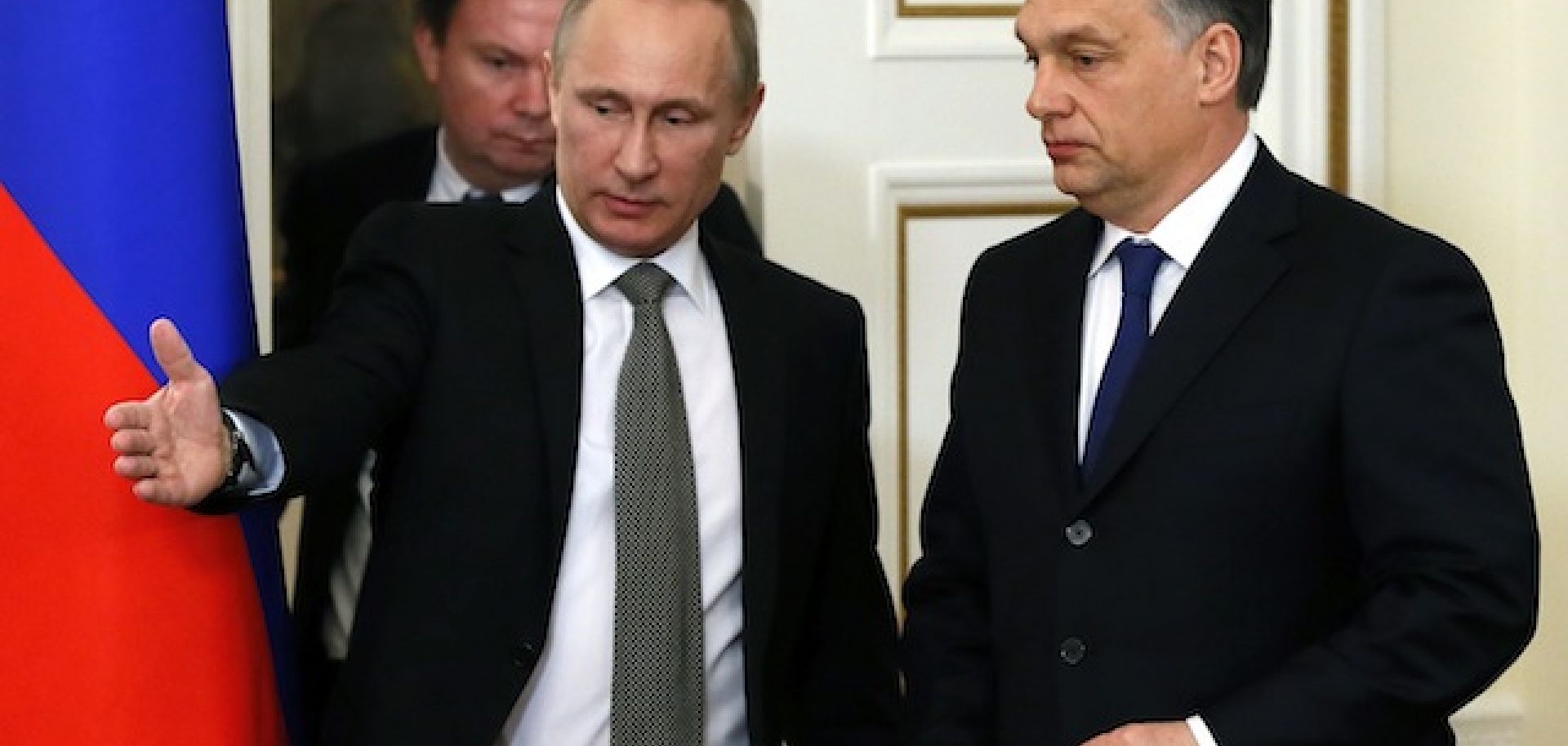ASSESSMENTS
The Political Economy of Russian Loans
Jan 16, 2014 | 19:53 GMT

(YURI KOCHETKOV/AFP/Getty Images)
Summary
Despite its strained economy, Russia is reverting to its common tactic of issuing loans to achieve some of its diplomatic and political goals. On Jan. 13, former Russian Finance Minister Alexei Kudrin warned that the government's decision to extend a $15 billion loan to Ukraine from Russia's National Wealth Fund poses a risk to Moscow's portfolio, noting that without economic reform, Ukraine will find it difficult to repay the loan. The day after his warning, the Russian Finance Ministry announced that Russia's Reserve Fund lost 25.57 billion rubles (some $765 million) in December, while the National Welfare Fund lost 22.15 billion rubles. Though lending money to neighbors may appear financially irresponsible at this time, it is actually a calculated move by Moscow to compel countries in Central and Eastern Europe to comply with its wishes.
Subscribe Now
SubscribeAlready have an account?
